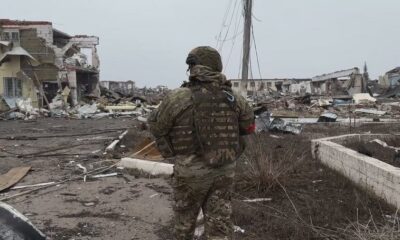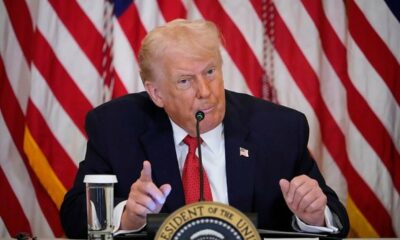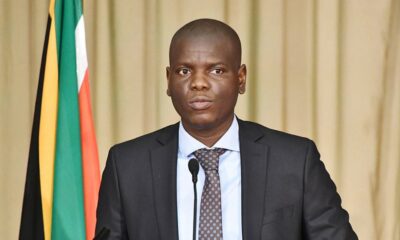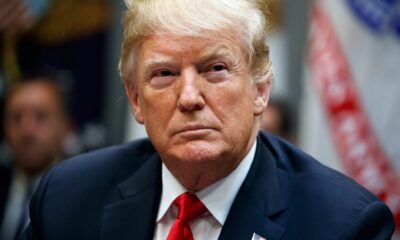News
Ronald Lamola Pushes for Palestinian Recognition at UN: “Peace Must Be Rooted in Justice”
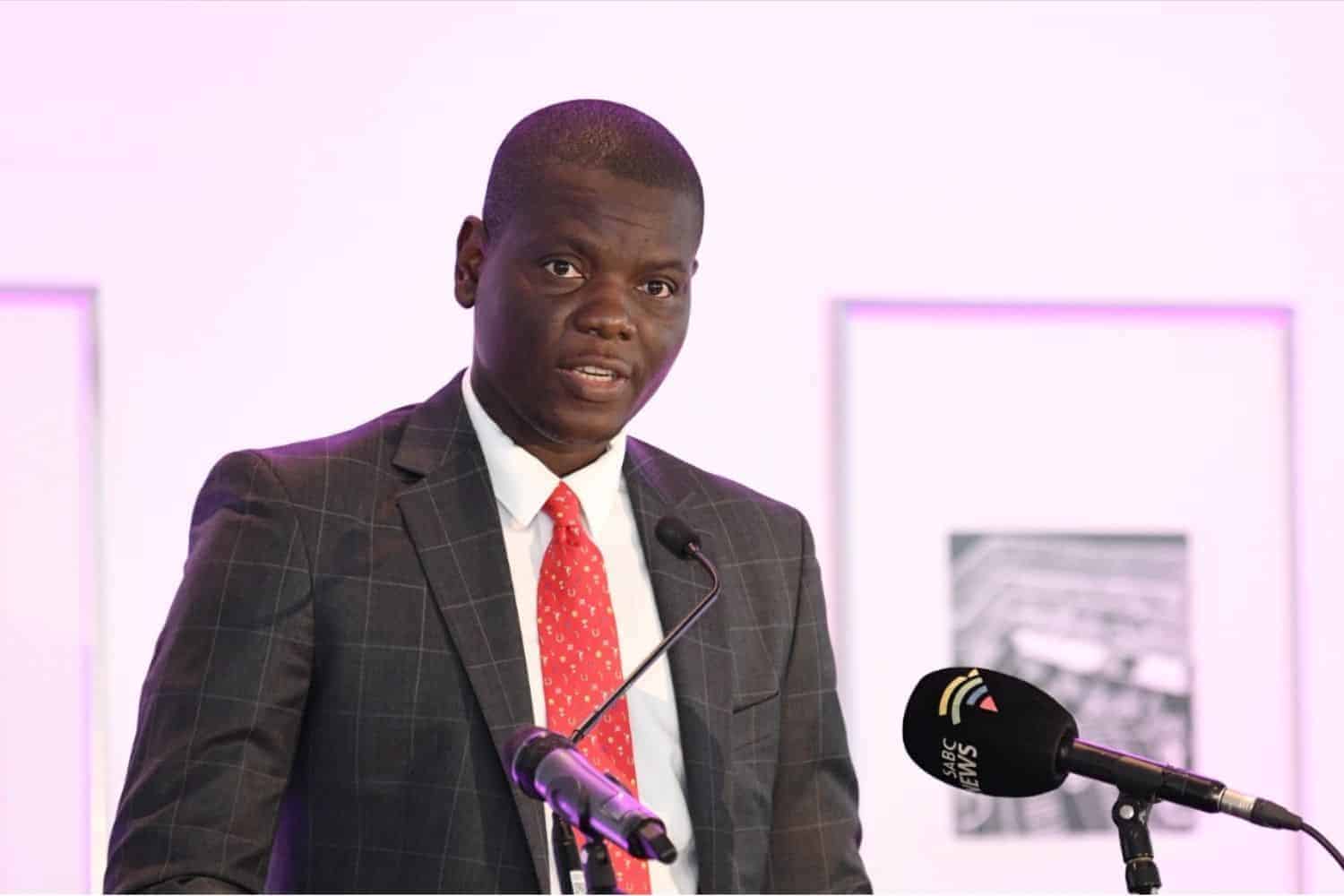
South Africa’s Foreign Minister takes a firm moral stand as global powers gather in New York
At a time when diplomacy often feels like a tired exercise in platitudes, South Africa’s International Relations Minister Ronald Lamola cut through the noise with something rare at the United Nations this week: moral clarity.
Speaking at a high-level conference focused on resolving the decades-old Israel-Palestine conflict, Lamola didn’t mince words. He called on the global community to urgently recognize Palestinian statehood, describing it not as a political favour but as a long-overdue act of justice.
“The World Must Not Look Away”
Lamola’s speech, delivered with the weight of South Africa’s own liberation history behind it, began with a clear condemnation of violence on all sides. He acknowledged the horrific October 7 attacks on Israeli civilians while pivoting quickly to the ongoing catastrophe in Gaza and the West Bank.
“There cannot be peace,” he said, “while the very existence of the Palestinian people is being threatened.” He referenced what he described as Israel’s “genocidal actions” in Gaza, forced displacement in the West Bank, and a pattern of oppression dating back to the Nakba in 1948.
South Africa’s Position: A Reflection of Its Past
South Africa’s solidarity with Palestine isn’t new. It’s deeply rooted in its own anti-apartheid struggle, and this context was palpable in Lamola’s address. The Minister cited the United Nations’ failure to act decisively, much like the global inaction South Africans endured under apartheid.
For South Africans, this isn’t just geopolitics, it’s personal. The parallels are impossible to ignore: a dispossessed people, a separation wall, restricted movement, and calls for international sanctions and accountability. In fact, many South African leaders and civil society groups refer to Israel’s policies as “apartheid” outright.
Calling the World to Act
Lamola didn’t just offer a diagnosis; he laid out a prescription. He listed specific demands for restoring the viability of a two-state solution:
-
Global recognition of Palestine as a sovereign state
-
Immediate ceasefire
-
Release of all hostages (both by Hamas and Israel)
-
Halting of illegal Israeli settlements
-
Dismantling of the separation wall
-
Full restoration of humanitarian aid to Gaza
-
Adherence to international law and UN resolutions
He welcomed France’s move toward recognizing Palestinian statehood as a meaningful step and urged others to follow. He also pointed to new diplomatic initiatives—the Hague and Madrid Groups as critical platforms to keep international law front and centre.
UN Chief Joins the Chorus
UN Secretary-General António Guterres echoed Lamola’s urgency, stating unequivocally that Palestinian statehood is “a right, not a reward.” He warned that denying it would only strengthen extremism and fuel further instability.
Guterres reaffirmed the UN’s long-held stance on the two-state solution, based on pre-1967 borders with Jerusalem as the shared capital. His message was clear: symbolic support is no longer enough. The time for irreversible action has come.
Social Media and Public Sentiment: Divided but Engaged
Back in South Africa, reactions to Lamola’s speech lit up social media. Supporters praised his “courage” and “moral leadership,” hailing South Africa as one of the few countries willing to speak boldly at the UN.
Critics, however, questioned the language used, particularly the references to genocide and accused the government of double standards, asking where this level of passion is when local crises unfold at home.
Still, Lamola’s remarks have undoubtedly stirred conversation, both abroad and domestically and repositioned South Africa as a vocal actor in global justice debates.
A Moral Test for the Global Community
“Eighty years since the founding of the United Nations,” Lamola reminded the assembly, “this is a matter that has plagued our collective conscience.”
His plea was not just about borders and treaties. It was about re-committing to values that the world claims to uphold: human dignity, legal equality, and peace rooted in justice.
Whether the world will listen or act, is still uncertain. But one thing is clear: South Africa has spoken, not with caution, but with conviction.
{Source: IOL}
Follow Joburg ETC on Facebook, Twitter , TikTok and Instagram
For more News in Johannesburg, visit joburgetc.com

